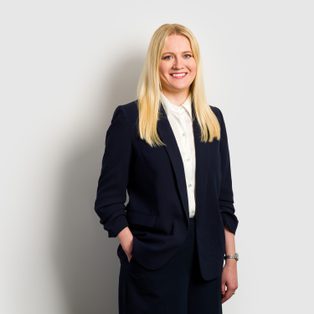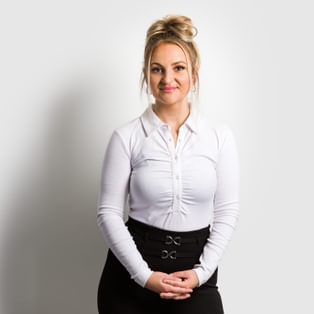Anthony Dixon, of Allsop’s Land & Development team, and Fladgate’s Gavin Whitney have worked together on several transactions, from the simple disposal of a commercial property to more complex deals that were subject to planning. To ensure their clients get the best advice, and that transactions proceed smoothly, they believe it’s important for property agents and lawyers to work together, allowing them to identify and resolve any issues as efficiently as possible.
The price or overage
A: The price is the easy bit, or it should be! But it's important to ensure all offers are assessed on the same basis, especially when reviewing 'subject to planning' offers, which can be challenging if buyers are not bidding off the same proposed scheme. Differing planning statements, feasibility studies and pre-app responses mean all parties will have varying views on what is achievable.
It is often easier to ask all parties to bid on the basis that a certain base area, unit number, and affordable housing percentage is achievable and then offer an overage on anything achieved in excess of this. This enables the agent and seller to assess offers on a like-for-like basis.
G: Exactly. As lawyers, our role is to deal with the nitty gritty of the overage drafting and how the obligation will be secured. The best form of security is a legal charge (i.e. a mortgage), but the buyer will rarely agree to this, as funders are reluctant to accept them. An alternative is a positive covenant linked with a Land Registry restriction, which prevents dispositions, but this approach raises questions about who can release the restriction. In the end, the position agreed will usually depend on the strength of the bargaining position, the likelihood of overage actually arising, and the identity of the parties.
"every contract is different but a few points come up regularly"
The contract
A: Every contract is different but a few points come up regularly, such as the ability to assign the contract, reasonable or best endeavours and onerous planning conditions. Before we get onto the last one, what are your thoughts on whether a seller should be concerned about a buyer asking for the ability to assign a contract, and the significance of reasonable versus best endeavours?
G: On your first point – the ability to assign the contract – it's worth noting that a party can only assign the benefit of a contract (i.e. the right to acquire the property), not the burden (i.e. the obligations on that party such as to pay the purchase price). If a seller agreed to a buyer assigning, there would usually be very strict conditions, not just as to the assignee's financial worth, but also a requirement that the assignee assume all the buyer's obligations.
Regarding reasonable and best endeavours, the latter term is usually taken to mean the seller or buyer "taking all the steps in their power that are capable of producing the desired results". This could involve significant expenditure and should be used with caution. The term "reasonable endeavours" is more vague and so less challenging. A half-way-house is often considered to be "all reasonable but commercially prudent endeavours", but in all cases, the parties need to appreciate that when agreeing to this obligation, they must try to do what they have agreed to do, or they could end up in breach of contract.
A: The onerous conditions within a contract are often one of the key areas that an agent will liaise on with a solicitor because these have a fundamental impact on the ability to complete the transaction. There is a trade-off between what's reasonable and what could potentially be considered a get-out clause for the buyer, in the event the market has moved against them.
Conclusion
Fundamentally, the terms of any transaction are down to negotiation between the individual parties and a lot of this will depend on the deal structure, the nature of the parties, their objectives, and the asset itself. Ensuring your agent and your solicitor are on the same page, working collaboratively to protect your interests, will make any issues that arise easier to resolve.
This article was first published in Allsop Magazine Summer 2022.





















































































































